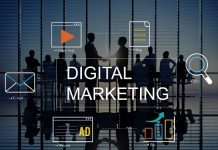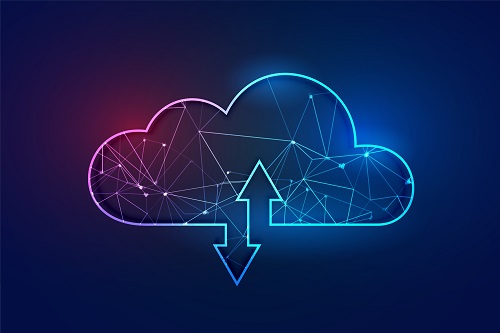For a decade, technological improvements and inventions have remained consistent. Innovations and inventions have made life simpler in a variety of fields, including education, medical, communication, advertising, and many more. You name the field, and some other technical advancement or invention in technology is developed in that domain.
Technology always has been a lifesaver in the realm of marketing, as it has created many various platforms to improve the client experience and has assisted organisations in reaching new heights of success. Marketing Cloud is one of several technological advances in the marketing area. Salesforce is a software business headquartered in the United States that has created a marketing cloud system to give marketers with a unified marketing experience.
Salesforce Marketing Cloud
Salesforce Marketing Cloud is a platform that offers software and services for digital marketing automation and analytics. ExactTarget was established in the year 2000. Salesforce Marketing Cloud is a software company that creates marketing automation and analytics tools for e-mail, smartphone, social, and digital marketing. This marketing cloud is a marketing platform that can support various areas of marketing, such as multi-channel campaign execution, dynamic customer experiences, pre- and post-campaign analytics, social media interaction, and branding, as well as being a data management system. SFMC (Salesforce Marketing Cloud) facilitates such operations on its platform through the use of functional units called as ‘Studios’ and ‘Builders.’
‘Studios’ are used to manage and engage consumers via various communication channels, such as E-mail Studio, Social Studio, and Mobile Studio. In the Salesforce Marketing Cloud Platform, ‘Builders’ are used to manage data, content, and user experience.
Now that we’ve established what Salesforce Marketing Cloud is, let’s take a look at how it may benefit companies and marketers. This is a feature-rich marketing platform with capabilities throughout the marketing sector, including:
- Real-time customer engagement
- Automation of e-mail and marketing.
- Engagement, monitoring, and promotions on social media.
- SMS text messaging and push notifications
- Customer marketing statistics
Various tools on this marketing cloud platform can assist you in driving your marketing efforts. Here are some tools to assist you drive your marketing plans and work smarter while promoting your business.
Data-Driven Messaging:
This application may assist you in sending messages to each contact as well as triggering new messages depending on real-time customer data changes and interactions. The journey might take several paths depending on:
Contact Data: This is information in the Marketing Cloud system about contacts that you have targeted through various communication platforms. The information linked with the contact can be used to select which travel branch to take.
Journey Data: This information demonstrates how the contact interacted with your sales team or company marketing initiatives. The welcome journey might be used as an example. After acquiring a product or service, the client may get a series of e-mails known as onboarding e-mails or welcome e-mails. SFMC can recognise who is engaging with and opening the e-mail.
Multi-Channel Messaging:
Messaging on Multiple Channels:
SFMC Journey Builder enables you to create journeys that include e-mail and SMS communications. There are several applications for multi-channel communications, which include:
E-mails are used for service communication. This tool is used to deliver content relevant to customer service and assistance. SMS is used to communicate more quickly.
Post-Purchase Communication: Sharing post-purchase communication by e-mail and SMS. Journey e-mails, shipping status, and so on may be made, and SFMC will also send an e-mail to the customer after the goods or service has been delivered. In addition, to obtain feedback on your service, SFMC can send an e-mail requesting input, and a survey can be completed via this communication to learn about the improvements made to the service or product, or to learn about your customers’ perspectives.
Financial Communications: This type of communication can be used to discuss one’s financial situation. These are often utilised by banks or UPI payment applications like as Paytm, Google Pay, and PhonePe to provide you with precise information about your bank account status and recent transactions. An SMS may also be used to send reminders about upcoming payments, due dates, and so on.
Dynamic Components:
These components are used to add a personal touch to e-mails in order to increase consumer engagement.
Dynamic Material: This type of content is developed based on the consumer’s interaction and qualities. The email content will populate based on the message recipient, providing a customised experience without the need to create several copies of a single email.
Dynamic sending profiles: This permits the creation of bespoke email sending addresses; a frequent use case is producing one email and having the sender vary dependent on the salesperson with whom the message receiver has a relationship.
Here are some of the capabilities of SFMC that may help organisations improve their customer relationships. Using technology breakthroughs keeps you up to date in the industry/market and also helps your organisation expand.








